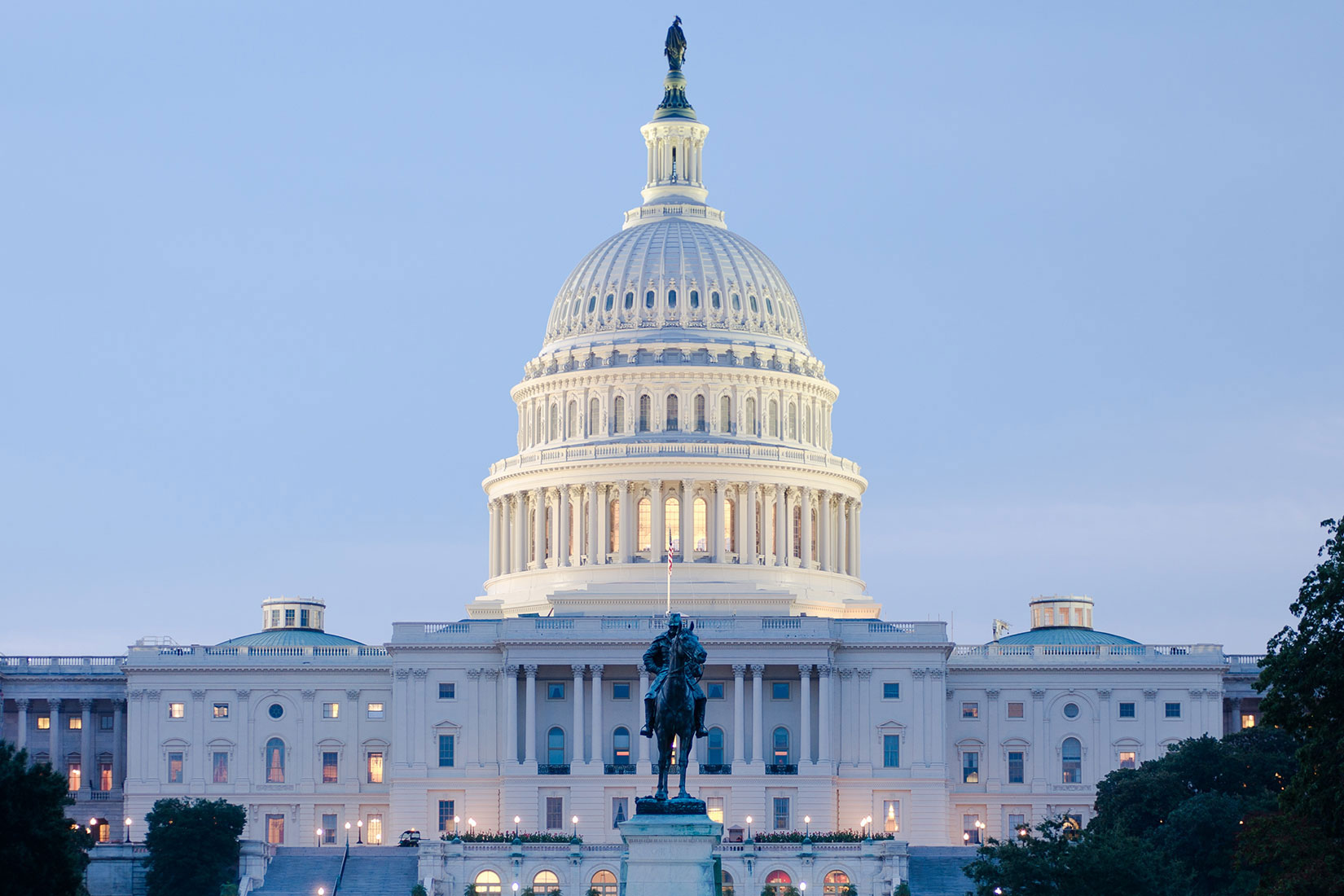CBO notes that there is no identifiable "tipping point" of debt relative to the nation’s output that would indicate that a fiscal crisis is likely or imminent. However, the ratio of federal debt to GDP is climbing into unfamiliar territory.
July 2010
People born in other countries are a growing presence in the U.S. labor force. In 2009, more than 1 in 7 people in the U.S. labor force were born elsewhere; 15 years earlier, only 1 in 10 was foreign born. About 40 percent of the foreign-born labor force in 2009 was from Mexico and Central America, and more than 25 percent was from Asia.
This morning CBO released a brief about the Social Security Disability Insurance (DI) program. The DI program pays cash benefits to nonelderly adults (those younger than age 66) who are judged to be unable to perform “substantial” work because of a disability but who have worked in the past; the program also pays benefits to some of those adults’ dependents.
This morning CBO released a letter to Chairman Fortney Pete Stark analyzing a proposal to add a “public plan” to the options available through the health insurance exchanges that will be established under the recently enacted health care legislation—the Patient Protection and Affordable Care Act, or PPACA (Public Law 111-148).
The Congress created the Arsenal Support Program Initiative (ASPI) in 2001 to help maintain the functional capabilities of the Armys three manufacturing arsenals, which are located in Rock Island, Ill., Watervliet, N.Y., and Pine Bluff, Ark. A primary goal of the program is to enable commercial firms to lease vacant space at the arsenals once it has been renovated, thereby encouraging collaboration between the Army and commercial firms as well as reducing the costs the government incurs to operate and maintain the arsenal facilities.
The federal government supports the use of biofuels—transportation fuel produced usually from renewable plant matter, such as corn—in the pursuit of national energy, environmental, and agricultural policy goals. Tax credits encourage the production and sale of biofuels in the United States, while federal mandates specify minimum amounts and types of biofuel usage each year through 2022. Tax credits effectively lower the private costs of producing biofuels relative to the costs of producing their substitutes, gasoline and diesel fuel.
Yesterday, CBO issued its Monthly Budget Review, which discussed the status of the federal budget through the end of June, encompassing the first nine months of fiscal year 2020. At that point, the deficit was about $1.0 trillion, about $80 billion dollars less than the shortfall last year at this time.
Social Security is the federal government’s largest single program, and as the U.S. population grows older in the coming decades, its cost is projected to increase more rapidly than its revenues. That trend, in combination with the rising cost of the government’s health care programs, will lead to sharp increases in government spending relative to the size of the economy, placing the federal budget on a path that is unsustainable over the long term.


